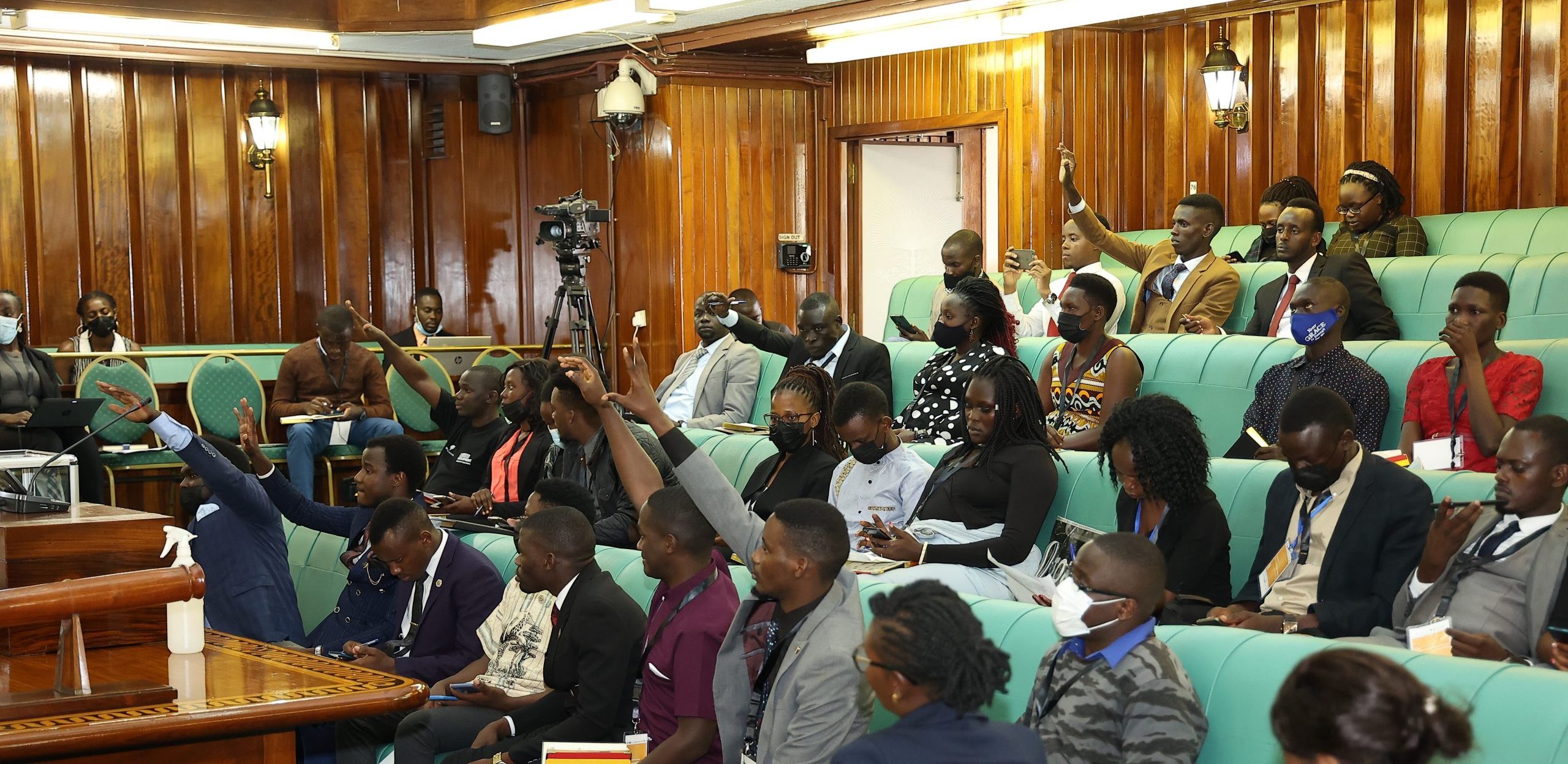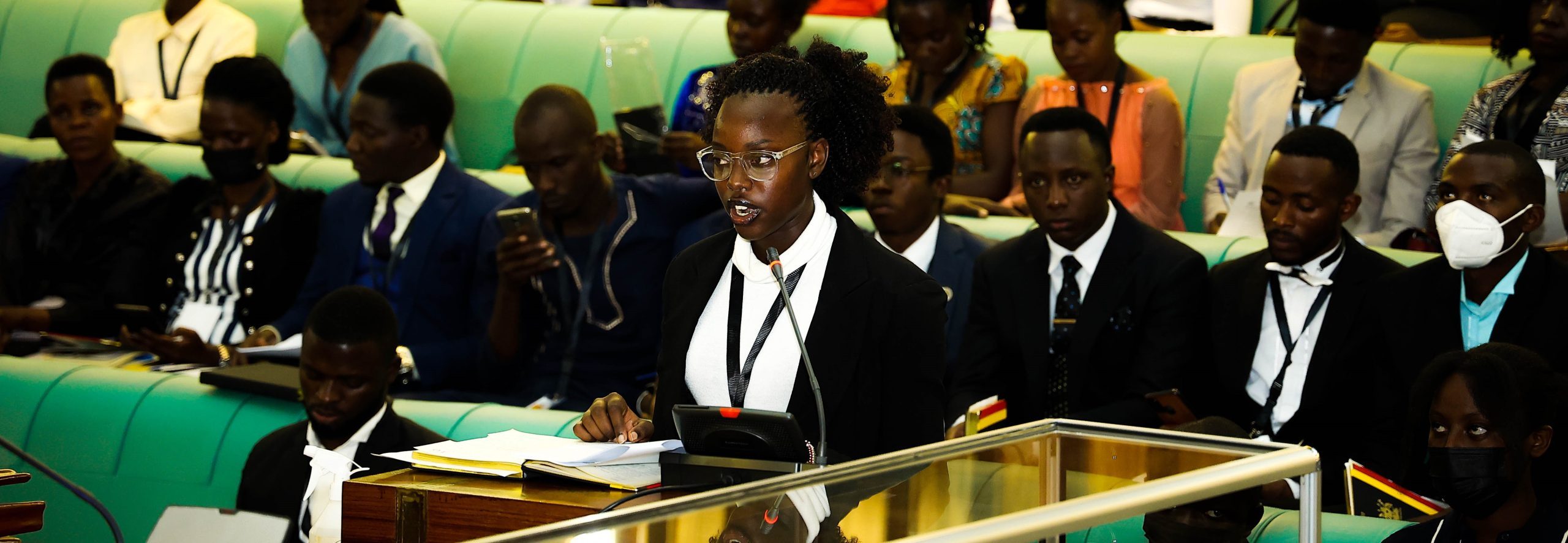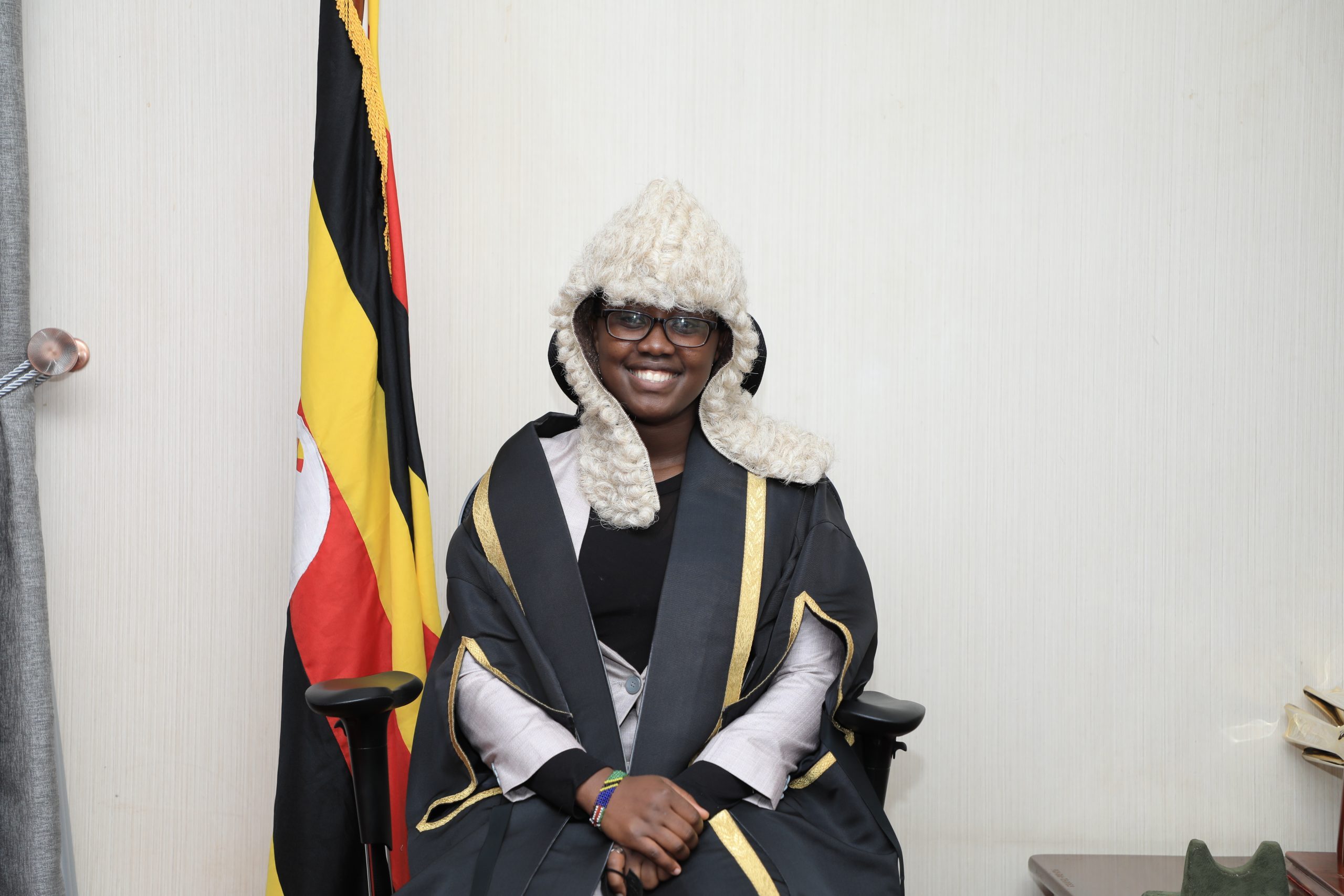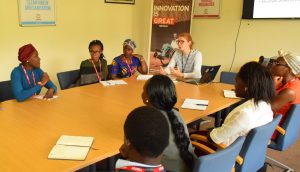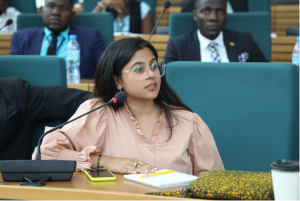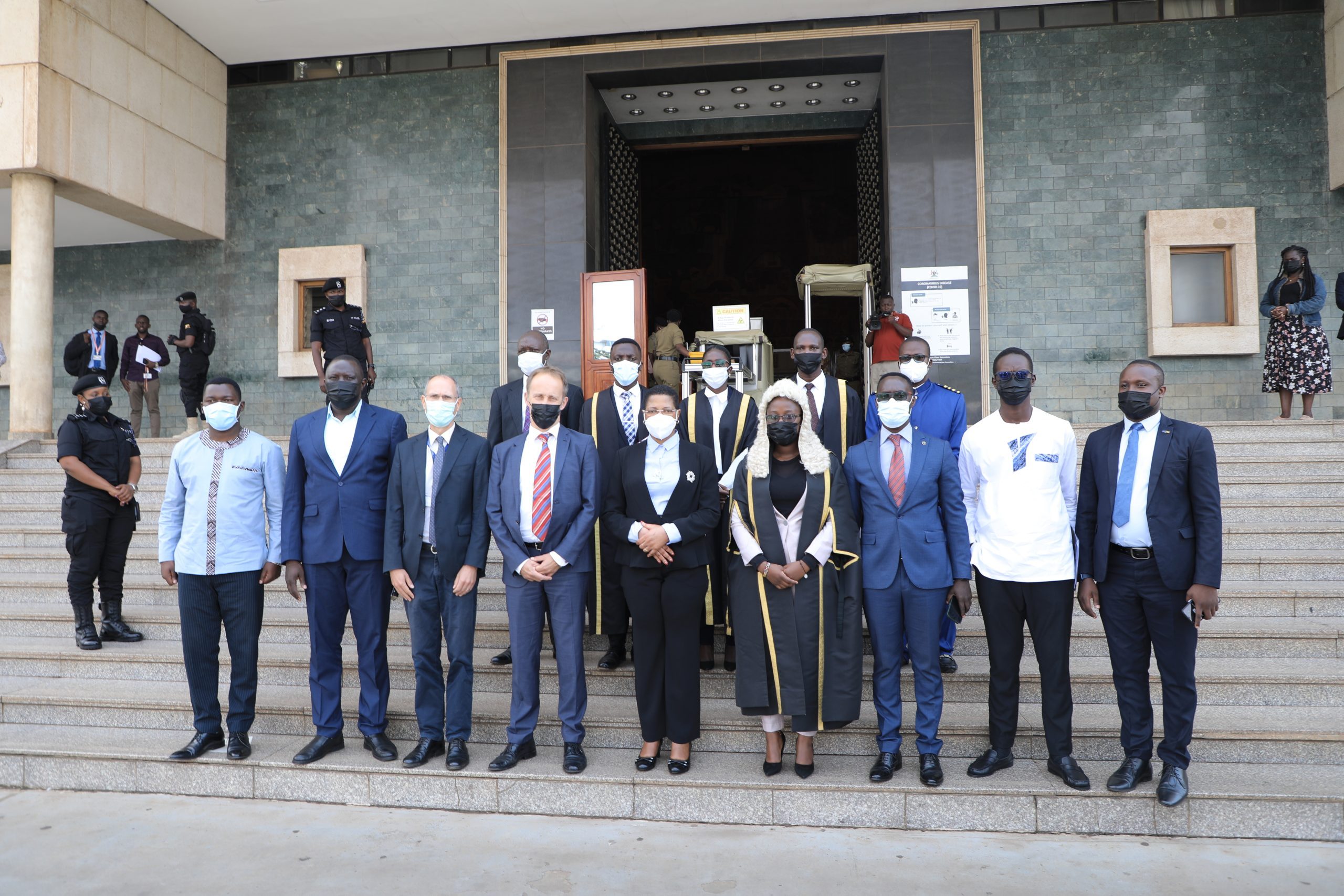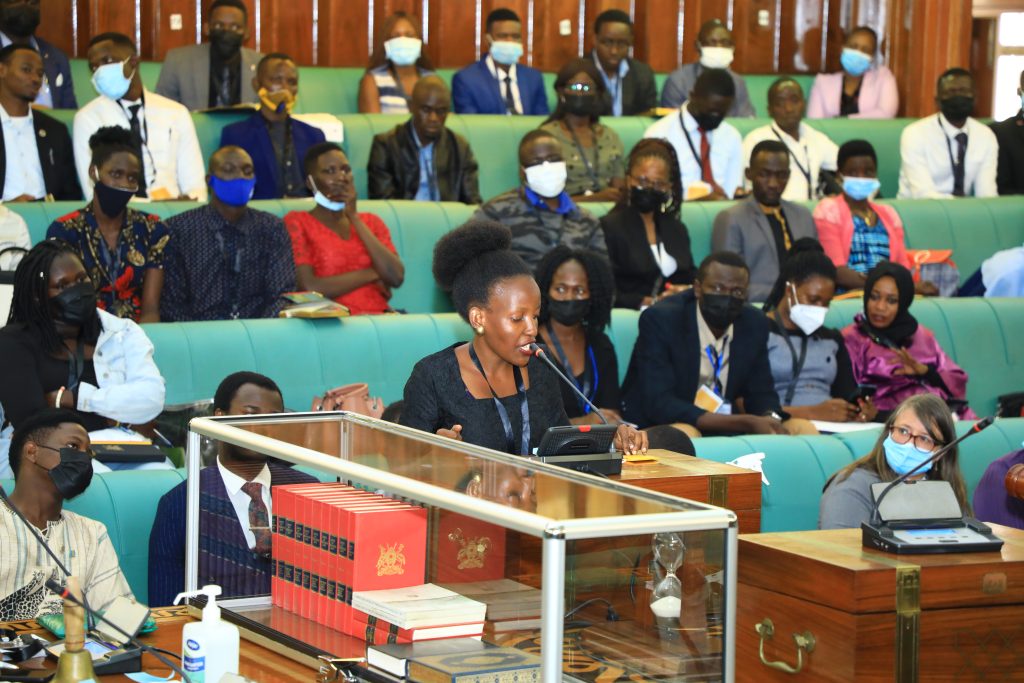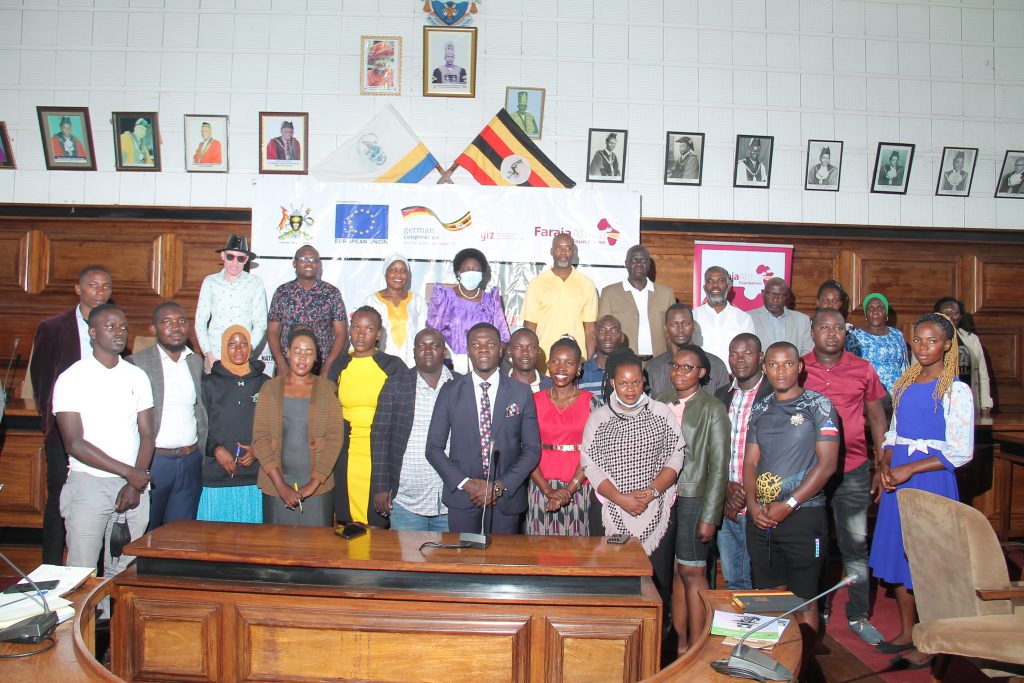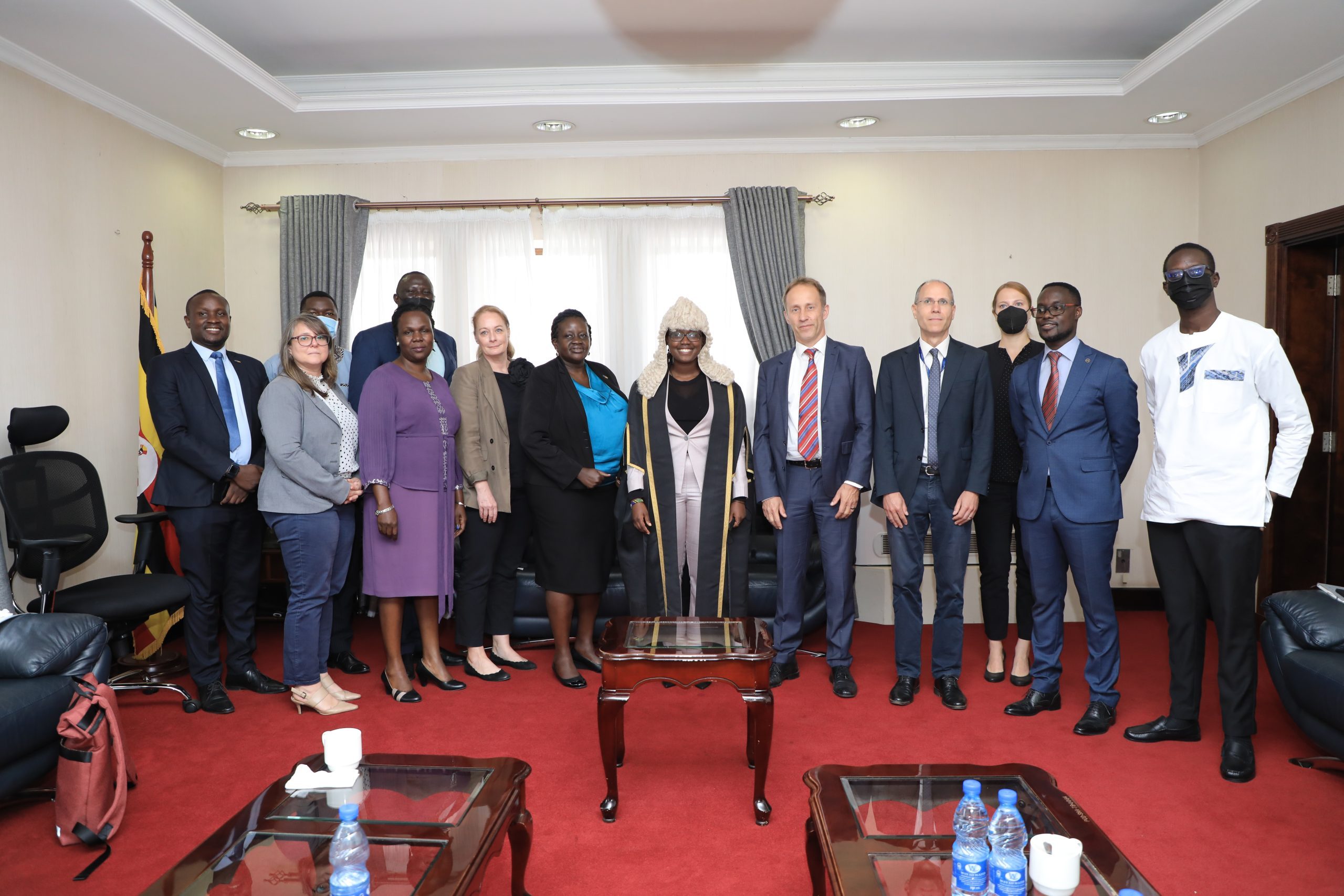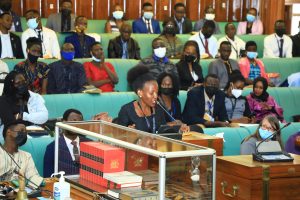Open Call for Plenary – 6th National Youth Parliament 2023
Faraja Africa Foundation (FAF) is pleased to announce the call for applications for the 6th National Youth Parliament in Uganda. This unique opportunity aims to create a platform for young people to actively participate in policy-making and decision-making processes. We believe in the power of youth voices and their ability to shape a more inclusive and participatory society that addresses their needs and concerns.
Based on FAF’s experience in creating youth spaces like the annual National Youth Parliament for engagement since 2018, we have observed that most youth in Uganda are passionate about advancing social justice and ethnic equality issues to achieve equity and youth inclusion. Unfortunately, they often face challenges as they are perceived as threats and unqualified by those in authority.
This year, the 6th National Youth Parliament aims to address these challenges by providing a practical, reachable, and all-inclusive forum for youth to constructively engage with the legislature. By actively involving the Parliament of Uganda, Youth MPs, and the youth themselves, we intend to ensure that youth issues are given the attention and consideration they deserve in the policymaking process.
Eligibility Criteria:
- Applicants must be between 18 and 35 years of age.
- Must be Ugandan citizens residing in Uganda.
- Should demonstrate a strong interest in social justice, ethnic equality, and youth inclusion.
- Must possess good communication and leadership skills.
Important Dates:
Application Deadline: 21st July 2023
Selection and Notification of Participants: 8th August 2023
Note: Selected participants will be provided with necessary logistical support, including travel and accommodation arrangements during the Youth Parliament.
We look forward to receiving your applications and encourage all passionate and committed young Ugandans to seize this opportunity to be a part of the 6th National Youth Parliament. Together, we can create positive change and ensure that youth voices are heard and valued in the decision-making processes of our nation.
For further inquiries, please contact [email protected]
Application Process:
- Interested individuals are invited to should fill in the form below and submit their applications by July 20th 2023.









